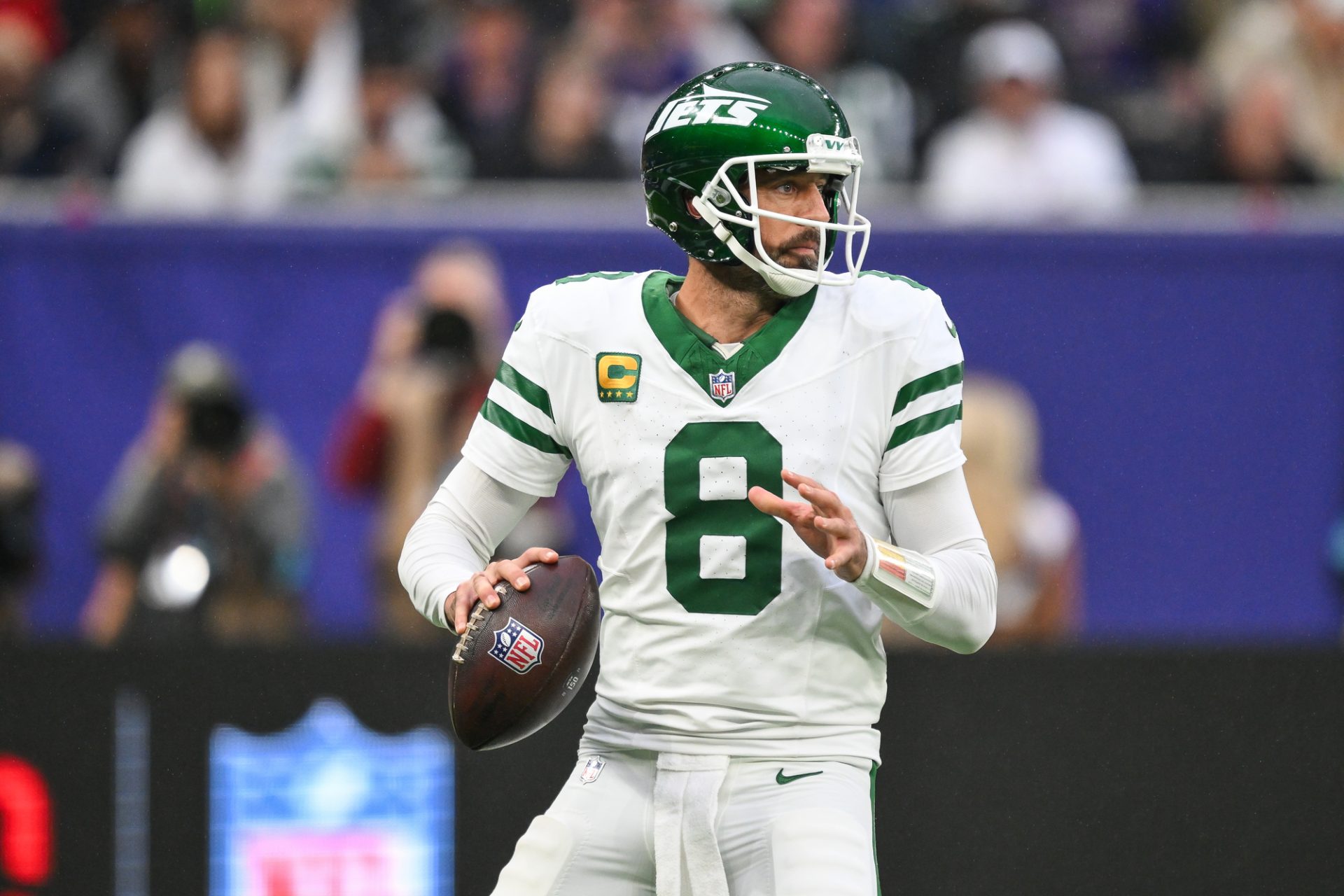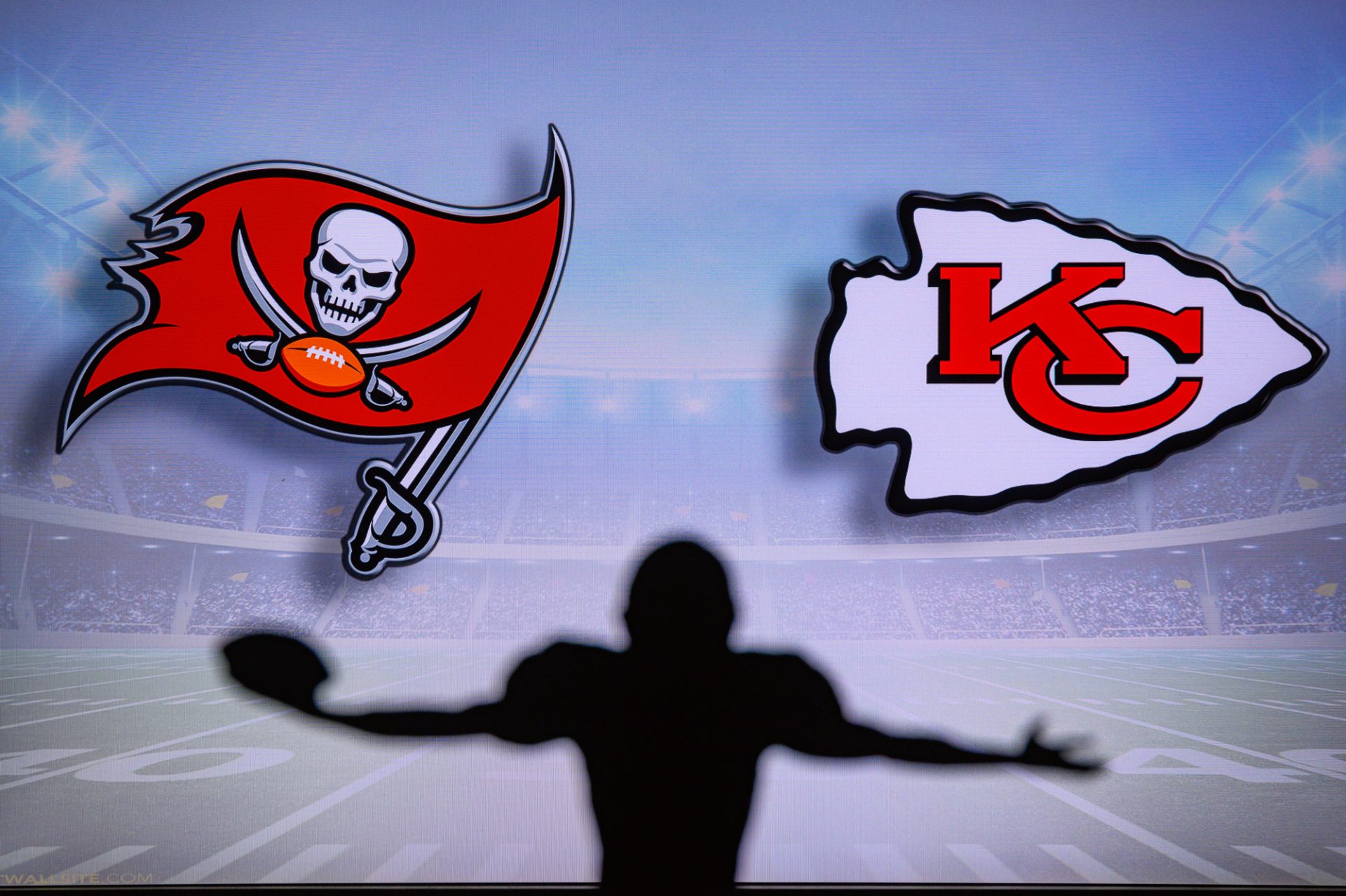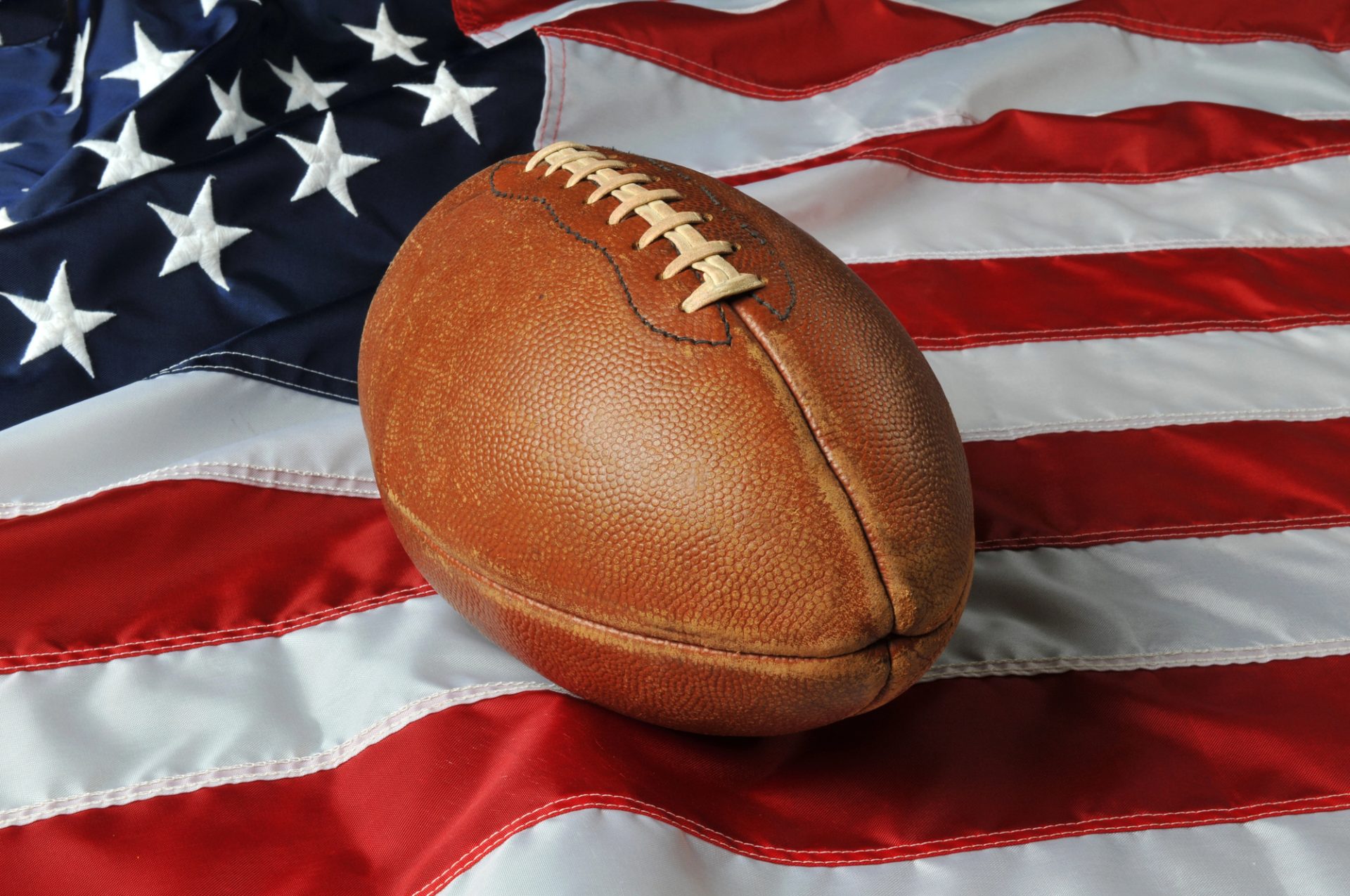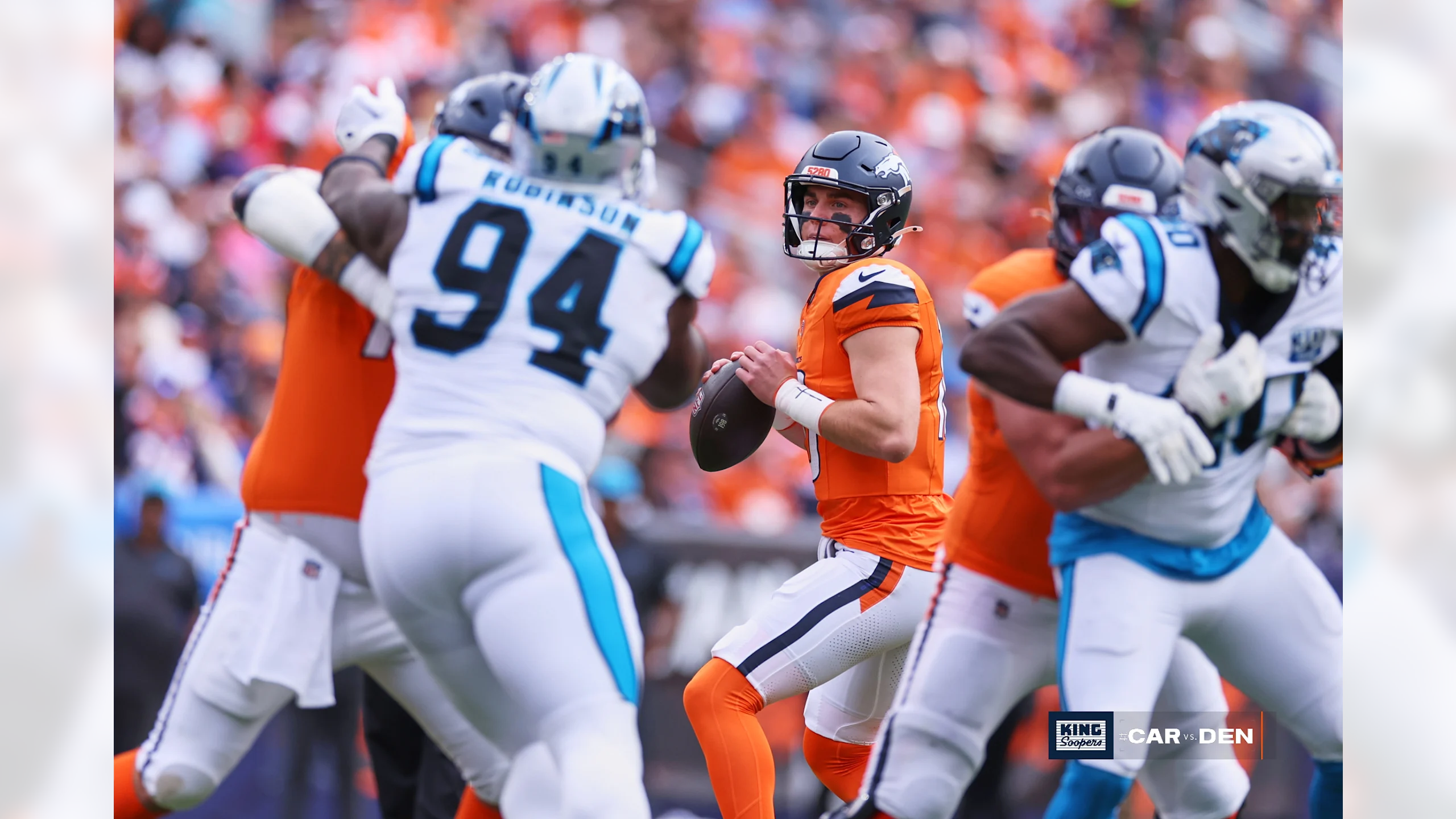NFL Team Roster Size: How Many Players?
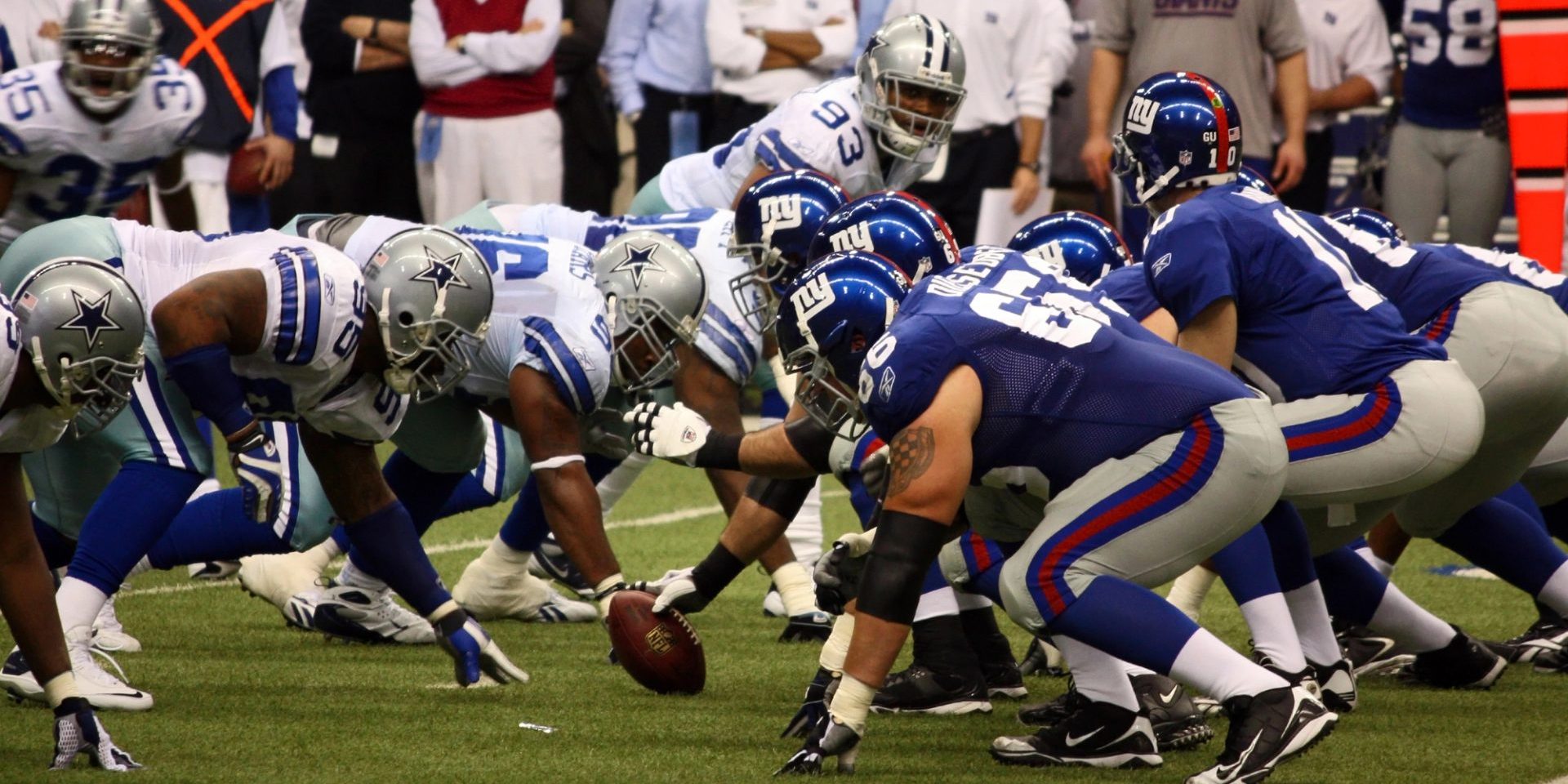
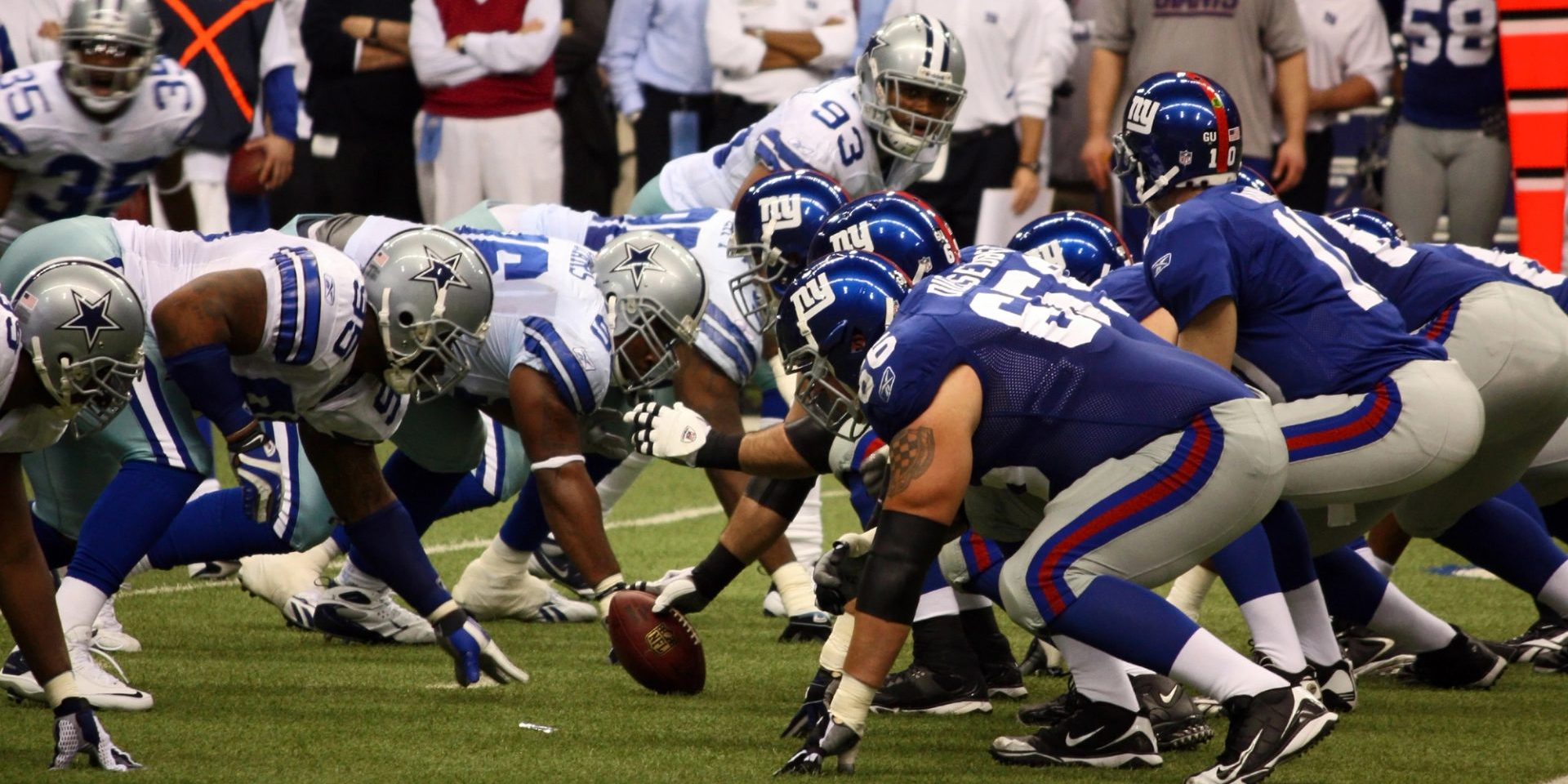
Table of Contents
Have you ever wondered about the number of players on an NFL team? Is it a small or big group?
In the NFL, each team can have up to 55 players on their roster. For every game, 53 players are active. This lets teams have enough players with the skills needed to play football well.
Each team breaks its roster into groups like offense, defense, and special teams. These units work together carefully. They follow plans to win games by using everyone’s abilities exactly when needed.
Breakdown of Offensive Positions
In American football, the offense is key in scoring points and aiming for wins. We’ll look at the main ones: quarterback, running back, wide receiver, and tight end.
Quarterback
The quarterback leads the offense. They throw the ball and make plays. Their quick thinking, accuracy, and how hard they can throw the ball are crucial.
Running Back
Running backs can run with the ball and catch passes. They help move the offense forward. They’re skilled at dodging or powering through tackles.
Wide Receiver
Wide receivers catch the quarterback’s throws. They’re fast, agile, and great at catching. They use their skills to get past defenders and make key plays.
Tight End
Tight ends are like a mix of a lineman and a receiver. They help block and catch. Their strength and ability to catch passes are crucial for the offense.
Every position needs different skills. Together, their work is vital for the team’s success.
Overview of Defensive Roles
In football, defense has a major job. They stop the other team from scoring and getting yards. Several defensive roles, like linebacker, cornerback, and defensive end, work as a team.
The Linebacker
Linebackers do a bit of everything. They help stop the run and cover against the pass. As leaders, they need to think fast and make the right moves. They can tackle well and are quick enough to keep up with fast receivers. Plus, they’re good at blitzing the quarterback and messing up plays.
The Cornerback
Cornerbacks are key in stopping wide receivers. They need both speed and skill to keep up and block passes. They play a big part in making sure the other team can’t pass easily and in creating turnover opportunities.
The Defensive End
Defensive ends aim to pressure the quarterback. Their main goal is to sack the quarterback and stop passing plays. They also help block the run, making sure no one gets around the edge.
Together, these roles create a strong defense. Everyone, from linebackers to cornerbacks to ends, plays a vital part. Their work helps the whole team’s defense succeed.
Importance of Special Teams
Special teams are key in the NFL, influencing field position and play strategy. Positions like punters, holders, gunners, and blockers carry out plays. These plays often decide the game’s outcome. Let’s dive into some key roles:
Punter
Punters are specialized players in kicking during punts. They aim to punt the ball far. This gives their team a better start and makes it harder for the other team to score.
Holder
Holders support during field goals and extra points. They place and hold the ball for the kicker. A successful hold helps the kicker make a clean, accurate kick, leading to points for the team.
Gunners
Gunners focus on covering the field and blocking. They need to get to the punt returner fast to stop or tackle them. Their job is crucial in controlling field position and breaking the other team’s return plays.
Blockers
Blockers protect the punter or kicker. They aim to build a protective wall to prevent kicks from being blocked. Their success means a better chance of scoring points for the team.
Each special team member plays a vital part. They help in gaining advantages and stopping the other team. Without these roles, a team’s chance of winning decreases. So, every position matters in an NFL game.
Team Substitutions
In the NFL, teams can switch players often during a game. They can do this when the game is paused. This rule helps teams use their best players at all the right moments.
The best part? Teams can swap any player, not just certain types like those who play offense or defense. So, if a team needs fresh energy or has a specific plan, they can swap any player from their main group.
With no limit on substitutions, teams keep their players at their best. Imagine this – if a receiver is excellent at catching, they might come in just for passing plays. Or, if a defender is really fast, they can be put in to stop long throws.
Benefits of Team Substitutions
- Strategic Adjustments: Unlimited swaps let coaches tweak their team right away. They can change players to counter what the other team’s doing or aim for weak spots. Using the whole team like this helps a team stay sharp during the game.
- Player Rest and Recovery: By switching players often, teams can keep everyone fresh. This helps them play better and lowers the chance of getting hurt.
- Injury Prevention: If someone gets hurt, a team can quickly put in another player. This keeps the game going and the team strong.
- Matchup Advantage: Substituting players can help create better opportunities. For example, if a team sees a weakness in the other team, they can swap in a player to take advantage of it.
Unlimited team swaps give NFL teams a winning edge. It helps them face opponents better, keep players fit, and make smart moves during the game. It’s one more way football is always changing and full of surprises.

